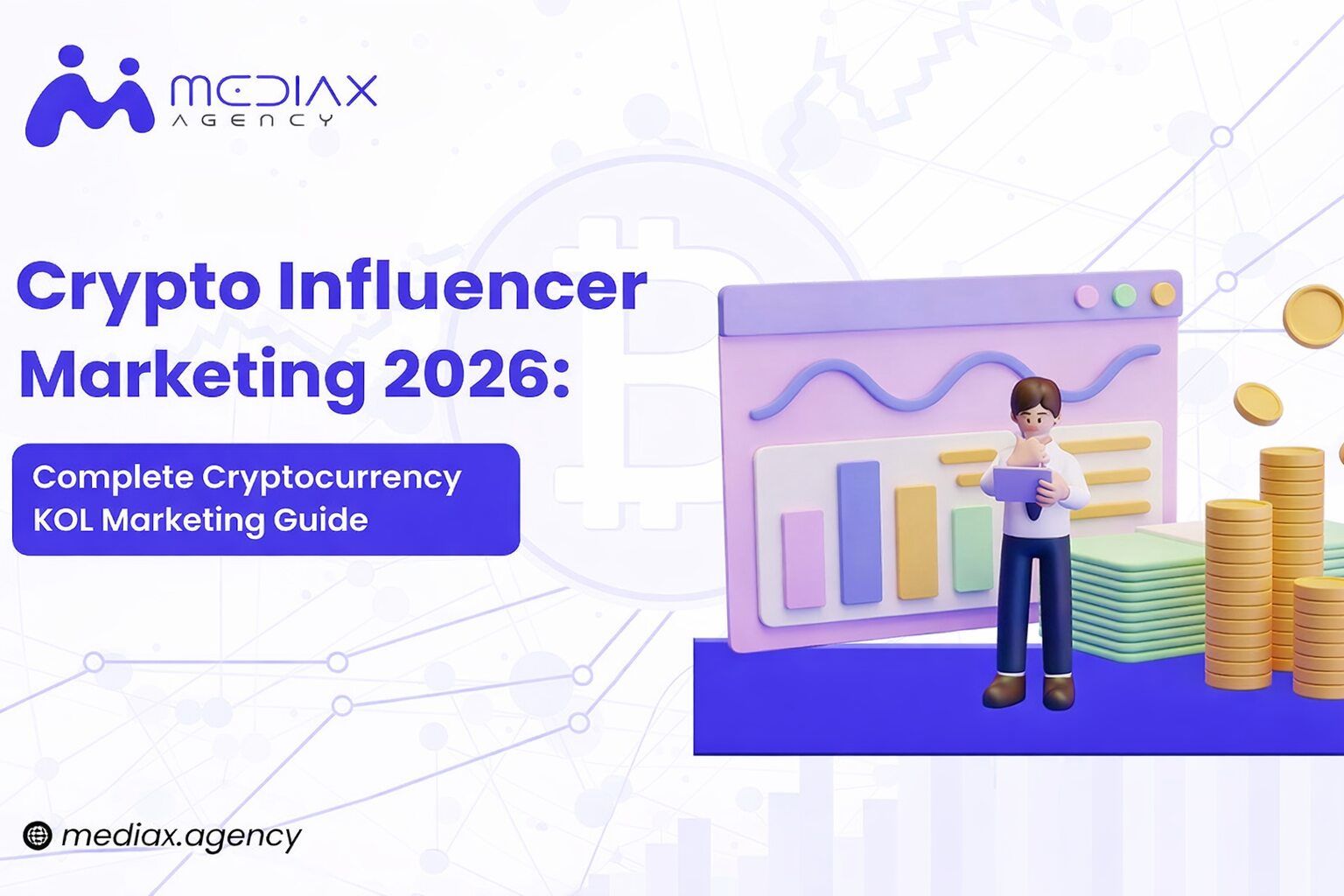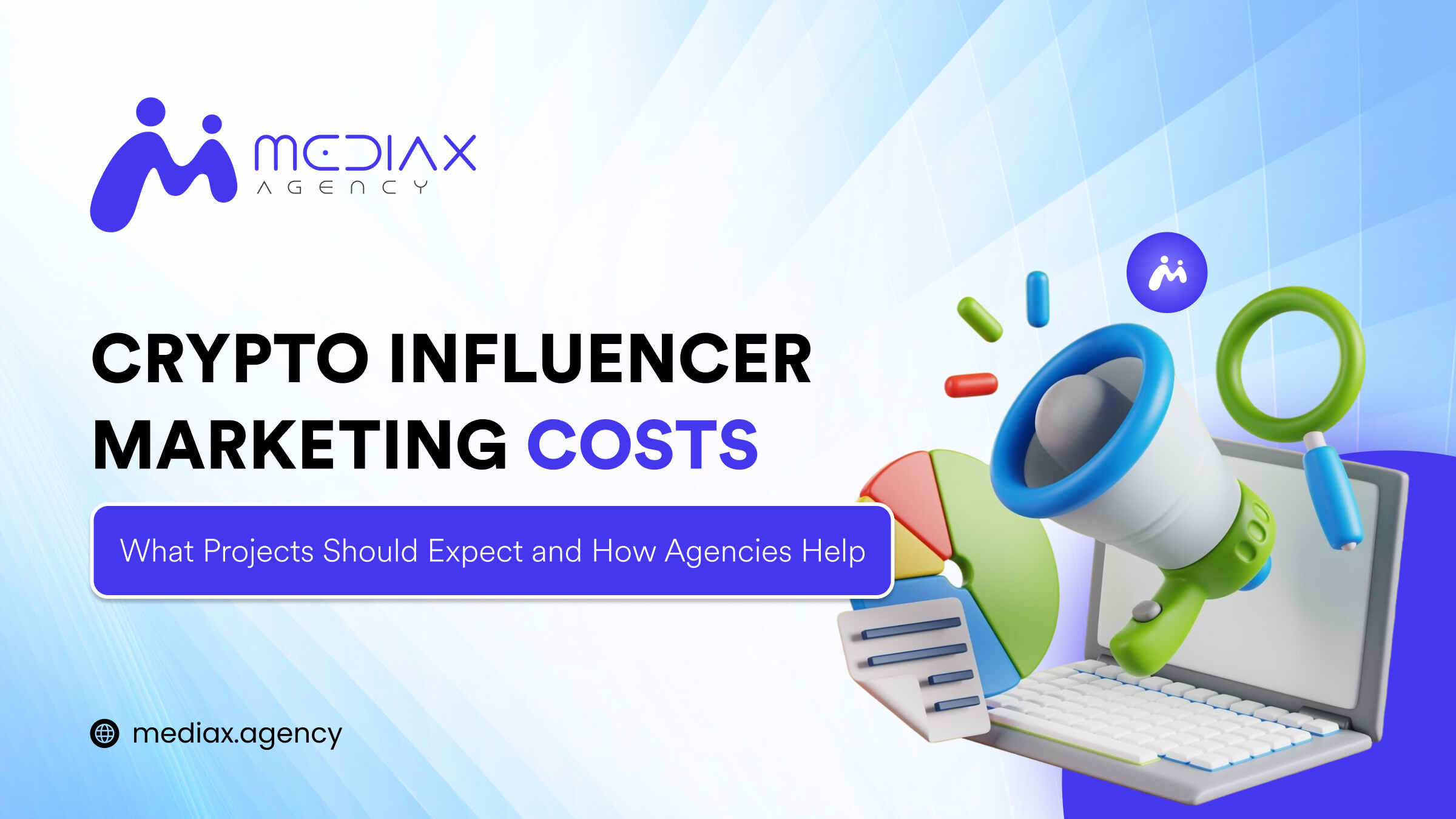Did you know that businesses can earn an average of $5.20 for every $1 invested in influencer marketing? That tells you a lot about the potential. Brands are taking advantage of influencer marketing to expand their reach and build trust that traditional advertising can't match.
What is Influencer Marketing?
Influencer marketing is all about working with people on social media who have a loyal fan base. Such influencers create real content that their audience likes, so their support is stronger than regular ads.
There are different types of influencers. Macro-influencers are the ones who have millions of followers and are best suited to increase brand awareness. Micro-influencers, who have between 1,000 and 100,000 followers, are known to have higher engagement rates and a personal connection with their followers. Nano-influencers with less than 1,000 followers are seen as regular people whose opinions are highly respected within their niche.
How to make an influencer marketing strategy?
Start by defining clear objectives. Whether it's visibility, lead generation, or sales, a defined objective keeps the campaign running effectively. Know your audience and identify where they spend their time on the internet and what they consume the most. Social media insights and audience research platforms can help understand more.
Choose influencers who are aligned with your brand. Consider their engagement rates, how real they are, and how much their content resonates with the message of your brand. BuzzSumo and HypeAuditor are some platforms that can be used in this context.
Working With Influencers
Influencer outreach has a personal touch. A simple and genuine pitch explaining why the collaboration makes sense generates better results.
Expectations need to be addressed upfront. Talk of deliverables, timelines, and compensation for a smooth collaboration.
Content needs to be organic. Whether it's a review, tutorial, or BTS upload, co-created content delivers best when it is presented with value to both the influencer audience and the brand.
Running an Effective Campaign
Plan for content. A well-organized calendar provides cohesion and keeps individuals on course.
Experiment with different formats. Blog posts, videos, social media updates, and live streaming all offer various channels for reaching audiences and you can even create engaging videos quickly using AI video generators to keep your content fresh and consistent.
Participate. Observe the campaign's performance and interact with the influencer audience to create stronger connections.
Measuring Results
Track key metrics like engagement, reach, conversions, and return on investment. An analysis of these figures enhances future campaigns.
There is always room for growth. Use learnings from past campaigns to enhance strategies to perform in the best possible way.
Successful Influencer Campaigns
The skin care brand saw huge growth with a collaboration with beauty bloggers who posted on their own skin care routines. Their input helped increase the brand's reach to more people and increase sales.
For example, a fitness brand launched a product by collaborating with trainers and followers who marketed the product. The result? Increased exposure and huge boosts in sales.
Overcoming Common Challenges
Finding the proper influencers is time-consuming. Using different research platforms helps find the influencer that can work for your brand.
Coordination with minimal delay prevents stagnation of the work. Clear communication ensures schedules, approvals, and content delivery.
How MediaX Agency Can Help
MediaX Agency specializes in influencer marketing, helping brands create meaningful, high-impact campaigns. Having an understanding of influencer partnerships, our team creates compelling stories that connect with audiences.
Every campaign is prepared according to the brand’s identity and goals. Our experience in delivering successful collaborations has helped brands grow, and will continue to do the same.
Besides influencer marketing, MediaX also provides crypto and blockchain press release distribution services. In the evolving Web3 landscape, having the right media exposure is crucial. MediaX helps blockchain projects, crypto startups, and NFT brands to increase their presence through strategic press releases distributed to high-authority crypto media outlets. Combining influencer marketing with targeted crypto PR, MediaX ensures that the brands they represent will gain credibility, trust, and visibility in the Web3 space.
Influencer marketing and press release distribution are necessary media to increase reach, build trust, and drive results. Ready to take your brand to the next level? Contact MediaX Agency and create something impactful together.




